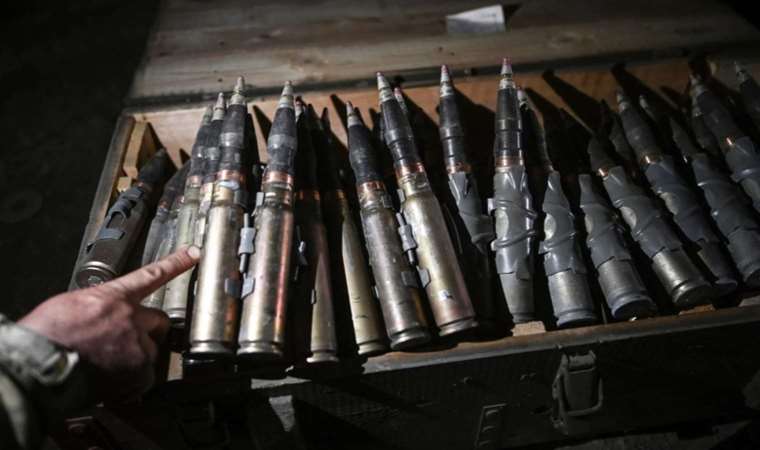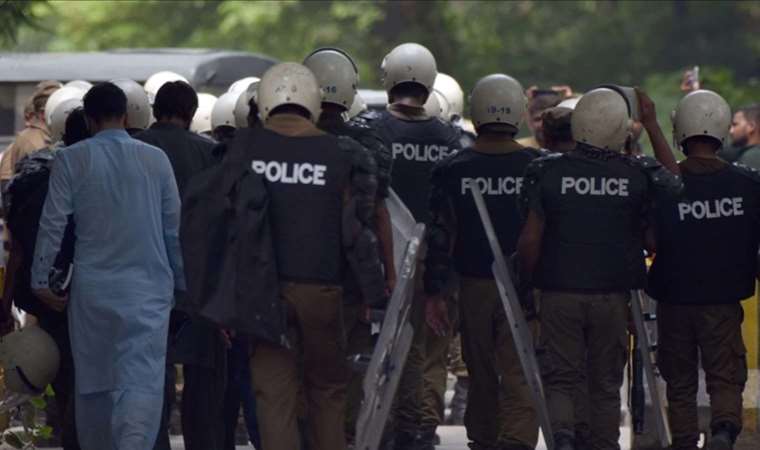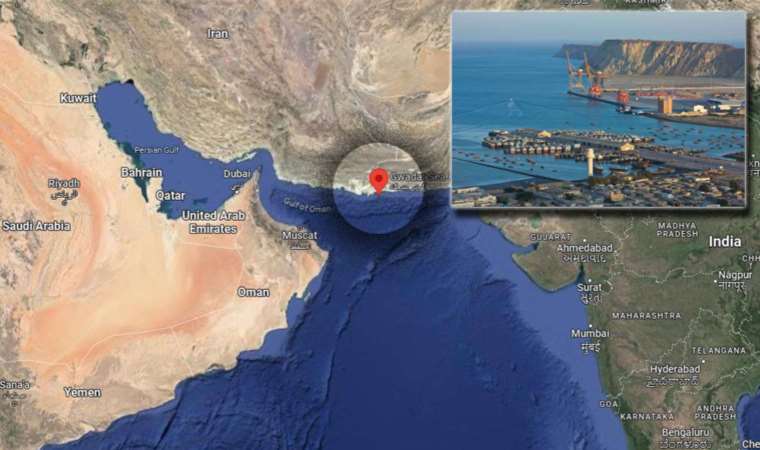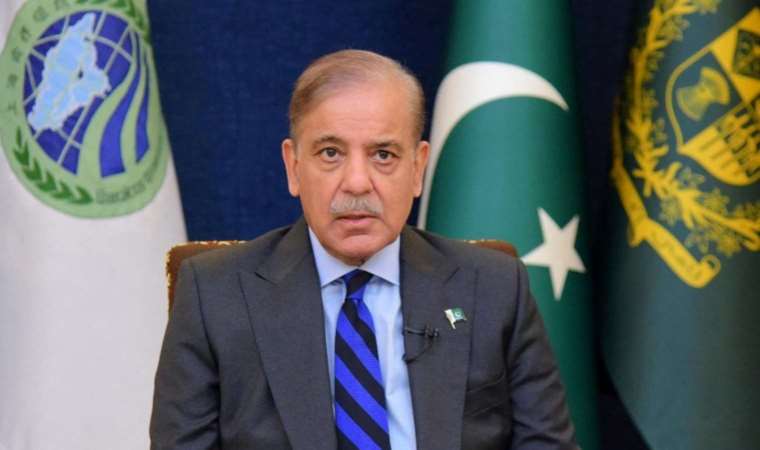Latest Leak on U.S Foreign Policy: IMF Loan to Pakistan in Exchange for Arms to Ukraine
In July, the US was behind Pakistan's $3 billion IMF loan, which came as a lifeline to a nation grappling with crises. This financial support was not without strings attached, as Pakistan found itself compelled to provide arms to Ukraine in exchange for the loan.

Pakistan, a country already facing economic challenges, saw its situation worsen with the aftermath of the pandemic, devastating floods, and the outbreak of war in Ukraine. A pivotal moment arrived when Pakistan's leader, Imran Khan, who was coincidentally in Moscow during Russia's invasion of Ukraine, strained the patience of Western nations to the limit. US Assistant Secretary of State Donald Lu expressed, "All is forgiven if Khan is removed from office."
Imran Khan's subsequent ousting, backed by the Pakistani army after a failed vote of no confidence in Parliament, was followed by his sentencing to three years in prison on corruption charges. Meanwhile, Pakistan's economy plummeted, reaching an alarming 38 per cent inflation rate in May and June, a record-breaking figure. By 2022, an estimated 750,000 Pakistanis had left the country. The IMF stepped in to prevent a catastrophic scenario. In July, a loan agreement of $3 billion was signed, set to be disbursed over nine months.
BAILOUT FOR GUNS
This financial rescue operation, however, conceals a clandestine agenda, as per revelations from The Intercept, a US media outlet. Documents obtained by The Intercept from sources within the Pakistani military indicate that Pakistan could secure the IMF loan only by providing arms to Ukraine. On May 23, 2023, Pakistani Ambassador to the United States, Masood Khan, met with Donald Lu in Washington D.C. During this meeting, Lu stressed that providing arms to Ukraine would bolster IMF confidence in granting the loan, placing the value of the arms aid at $900 million. By June 2019, Pakistan had reached the conclusion of its $6 billion deal with the IMF.
The significance of Pakistan's contribution of weaponry to the US can be attributed to the needs in the ongoing Ukrainian conflict. Despite an annual defence budget exceeding $800 billion, the US has been struggling to meet the escalating ammunition demands of the war in Ukraine. NATO munitions may not be compatible with the outdated Soviet equipment used by the Ukrainian army. Thus far, the Ukrainian army has managed with limited Soviet inventories from Eastern Europe, but these stocks were depleted by the second year of the conflict. The US aims to supplement its inventory from non-European sources, including South Korea and Israel, both of which provided artillery shells to Ukraine. Pakistan, equipped with Soviet-era machinery, plays a pivotal role in the US strategy to arm Ukraine.
UNDER THE MILITARY SHADOW
The military holds a dominant position in Pakistan's politics, given its long history of involvement since the country's inception in 1947. A massive force with 500,000 volunteer personnel and military equipment from superpowers, the Pakistani army has gradually increased its influence in the nation's political landscape. The army's strategic importance has drawn the attention of global powers like the US and China, with both countries providing substantial military aid and training. However, the relationship between Pakistan has fluctuated in time. Operation against Osama Bin Laden happening on Pakistani soil without the administration's notice has soured the relations. Later on, the US terminated military aid under the Trump administration, citing concerns over its use against India. The US sought to maintain India as a key ally against its emerging rival, China. Populist politician Imran Khan, who pursued neutral foreign policies, rose to prominence during this period, receiving public acclaim.
Imran Khan eventually distanced himself from the US, opting to strengthen ties with Russia and China, thereby adopting a more "neutral" foreign policy akin to India's approach. However, his alignment with China and Russia raised concerns in the US, leading to calls for his removal from power. Imran Khan's economic policies exacerbated issues of inflation and currency depreciation, particularly in the wake of the Covid-19 pandemic. Supported by the Pakistani military, which was perceived to have close ties with the US, Imran Khan was unable to secure a vote of confidence, ultimately leading to his departure. Khan alleged a "coup" orchestrated by the US.
The newly appointed Prime Minister, Anwarul Haq Kakar, now faces the daunting task of steering Pakistan's troubled economy. Despite some backlash within Pakistan against the nation's foreign policy shift toward the US, the significance of these leaks is underscored by their connection to the war in Ukraine. Even the United States, the most formidable military power, has struggled to meet the ammunition demands of a conflict barely a year and a half old. In light of Russia's efforts to engage Iran and North Korea for similar reasons, the superpower's goal of enhancing global military investments and production capacities looms large on the horizon for the next decade.



